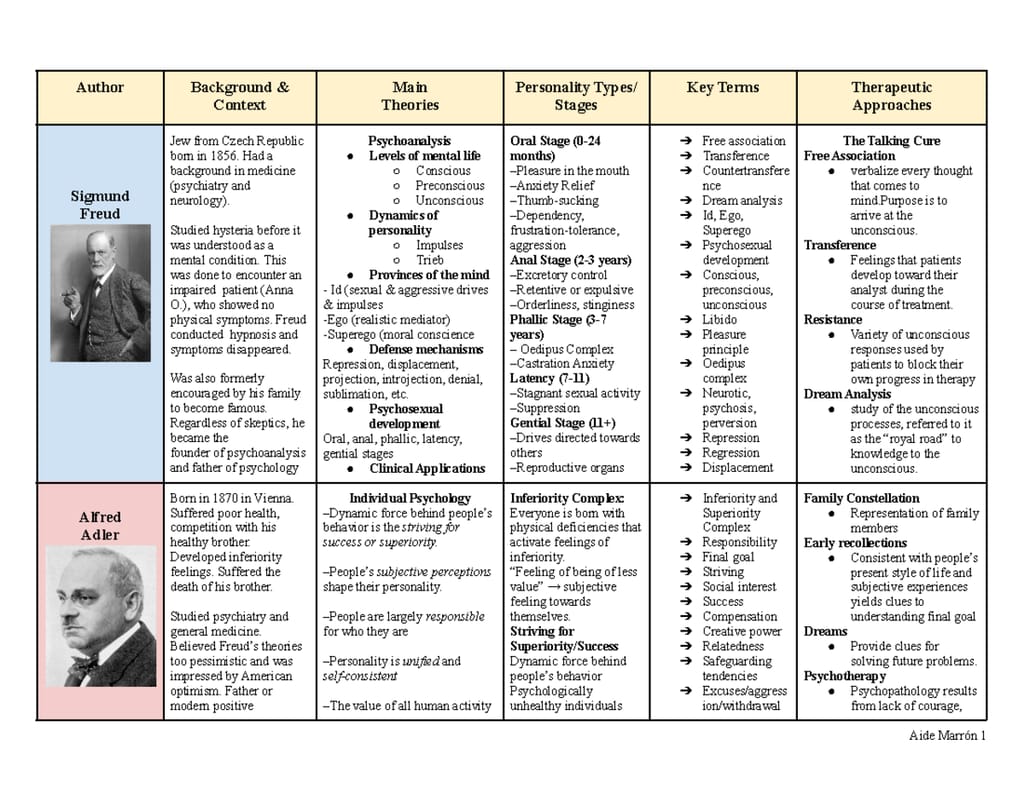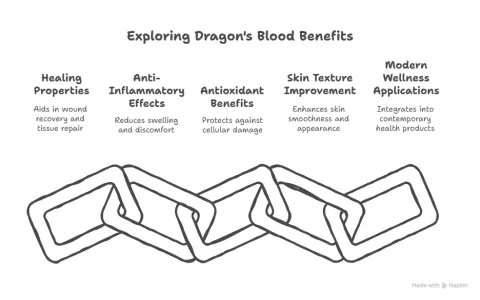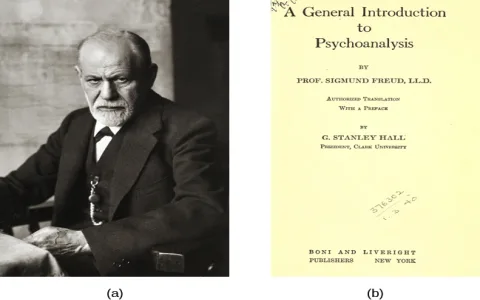Why I Had to Actually Read Both Guys to See the Difference
You see all these articles online, right? Adler versus Freud, dream interpretation style. They all use the same fluffy words—teleological versus causal, social context versus libido. Honestly, reading that stuff felt like trying to fix a broken engine with a philosophy book. It didn’t tell me jack about what to actually do when my wife tells me about a nightmare she just had.
I figured, if I wanted to know the real difference, I couldn’t just skim the summaries. I had to roll up my sleeves and try to interpret some real-life, messy dreams using their actual methods. It was a massive pain, but I started maybe six months ago when I was completely stumped by a recurring dream I had about an old high school locker combo I couldn’t remember. Super mundane, but it was bugging me.

The Deep Dive: Wrestling with Freud’s Monster Book
First, I went straight for Freud. Yeah, the Interpretation of Dreams. I bought a cheap copy and tried to read it straight through. Man, that book is a slog. Every single thing circles back to the same two or three topics. Every manifest content has a secret latent meaning, and that latent meaning is usually something repressed, something sexual, or something from childhood you didn’t even know you had buried.
I tried applying his concepts—condensation, displacement, secondary revision—to my own dreams. It was exhausting. I pulled apart that locker dream. According to Freud’s logic, the locked combination, the inability to open the container of memories, meant some sort of castration anxiety or a fear of exposing my innermost sexual desires. It felt forced, like I was trying to hammer a square peg into a circle just because the book told me to. I spent three weeks on this, filling up a notebook with weird symbols and associations, and all I ended up with was feeling like I needed therapy for stuff I wasn’t even worried about. The whole process felt like digging backwards into a dark hole just to find disappointment.
Switching Gears: How Adler Made Me Look Forward
I was ready to quit, honestly. But then I remembered Adler. He was Freud’s student, then they had a big fight and split up. Usually, when people split up after working closely, the new stuff is often a direct reaction to the old stuff. I figured Adler must have fixed the stuff Freud got wrong.
I tracked down some foundational Adlerian texts—not the full heavy-duty stuff, but the common-sense summaries focused on Individual Psychology. The difference hit me fast. Freud was all about why you are broken; Adler was all about how you are trying to function now and what you are trying to achieve next.
I re-interpreted my stupid locker dream using Adler’s lens. He views dreams as attempts to solve problems or rehearse future actions based on your current “lifestyle” or current goals.
- I looked at what was stressing me out right now.
- I analyzed the feeling in the dream: frustration, inability to access something important.
- I connected it to my waking life: I was feeling professionally blocked, unable to access the resources I needed to start a big project.
Suddenly, the interpretation wasn’t about my past relationship with my parents; it was about my present feeling of inadequacy at work. The dream wasn’t a historical footnote; it was a rehearsal of a current struggle. It spoke directly to what I could change today. That was the moment I realized the practical difference.
The Real-World Test: The ‘Teeth Falling Out’ Comparison
To really solidify the practice, I pulled in a classic common dream: a buddy of mine kept dreaming his teeth were crumbling. This is the ultimate test, because everyone has this one.
I ran the numbers through both systems.
Freud’s Output:
It’s about castration anxiety, fear of loss of power, perhaps sexual impotence, or a desire to punish oneself for masturbation. Heavy, specific, and totally unhelpful for my buddy who just started a new sales job. It made him feel guilty and obsessed with his libido.
Adler’s Output:
Teeth are tools for aggressive action and communication. Losing them means feeling powerless or unprepared for a social struggle. The dream reflected his anxiety about starting the new job, where he felt he lacked the “bite” or communication skills to succeed. It was a preparation for failure.
When I presented both interpretations to him, he immediately rejected Freud’s complicated sexual history lesson. He grabbed onto Adler’s explanation. He said, “Yeah, I feel totally exposed when I talk to clients. I feel like my words are crumbling.”
The Adlerian interpretation gave him a path forward: focus on strengthening communication skills, not resolving ancient grudges.
The Final Tally: What My Practice Showed Me
My whole process—reading, testing on myself, testing on friends—showed me this truth: The real difference isn’t academic jargon, it’s the direction you point the dreamer.
The Practice Conclusion:
- Freud forces you to look backward, dredging up the past to explain the present failure. It’s causal.
- Adler pushes you to look forward, using the dream to understand your current struggle and correct your future course. It’s teleological, focused on your goal.
I learned that for practical, day-to-day dream interpretation—the stuff that actually helps people figure out what to do when they wake up—Adler’s method is just cleaner and more immediately useful. Freud gave me history; Adler gave me homework. And I’m always going to choose the thing that gives me something tangible to work on next.











